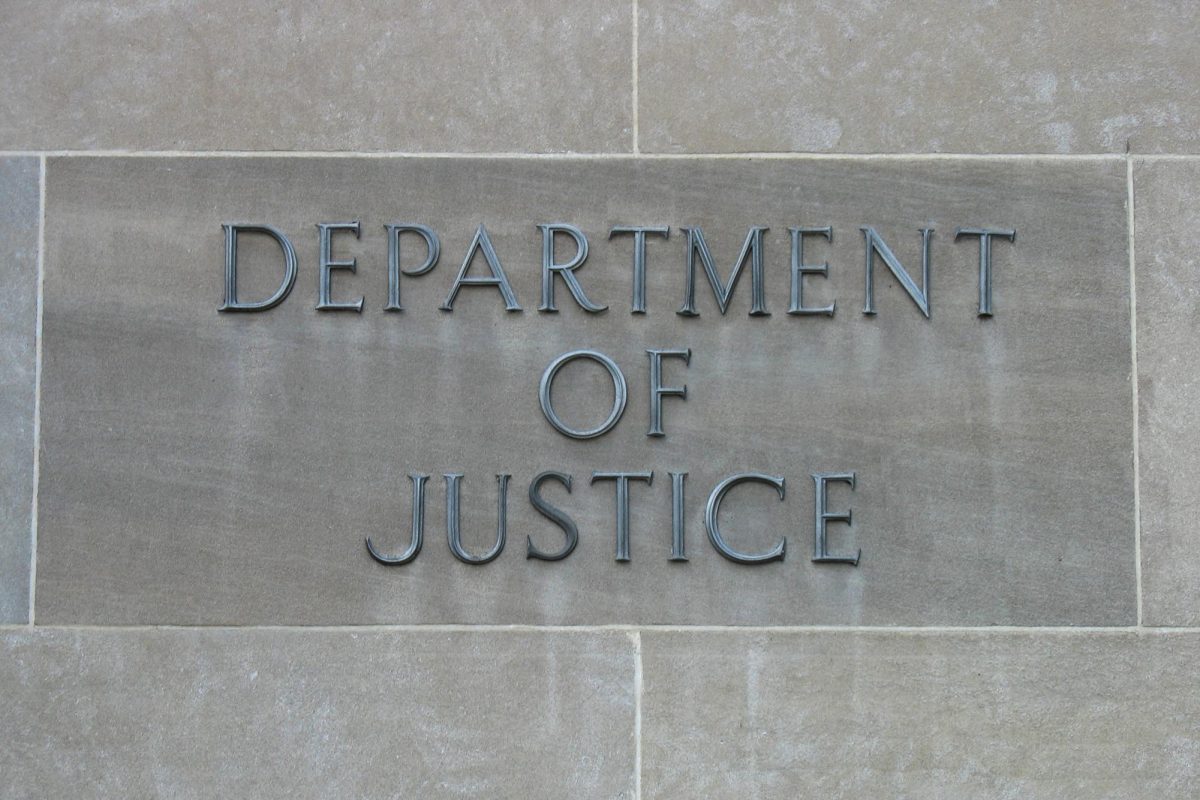The U.S. Department of Justice, joined by Attorneys General from Maryland, Illinois, New Jersey, and New York, filed a civil antitrust lawsuit in the District of Maryland to block UnitedHealth Group’s proposed $3.3 billion acquisition of Amedisys Inc., a major home health and hospice care provider.
The lawsuit alleges that the merger would harm competition in the U.S. healthcare market and reduce options for patients and healthcare workers. The DOJ claims that the merger between UnitedHealth and Amedisys would create a dominant market player and reduce competition in the home health and hospice care industry. UnitedHealth’s previous acquisition of LHC Group, another large home health provider, already gave the company a significant market share.
“American healthcare is unwell,” Assistant Attorney General Jonathan Kanter, of the Justice Department’s antitrust division, said in a press release. “Unless this $3.3 billion transaction is stopped, UnitedHealth Group will further extend its grip to home health and hospice care, threatening seniors, their families, and nurses.”
The DOJ argues that this consolidation would limit patient choices, decrease the quality of care, and stifle competitive wages for healthcare workers, including home health and hospice nurses. According to the legal complaint, if both companies merge, their combined market share would dominate local home healthcare markets in 23 states, hospice care markets in eight states, and labor markets for nurses in 24 states. The annual volume in these markets could exceed $1.6 billion for home healthcare and $300 million for hospice services.
Amedisys’ former CEO and current Chairman of the Board of Directors Paul Kusserow noted that the rivalry between the companies “helps them keep each other honest,” emphasizing the competition that the DOJ believes would be lost. Home healthcare supports patients recovering from hospitalization or managing chronic conditions at home, while hospice care provides end-of-life comfort and support.
The DOJ said that reduced competition in these markets would impact the affordability and quality of care provided to some of the nation’s most vulnerable populations, such as seniors and terminally ill patients.
In response to the lawsuit, Optum, a subsidiary of UnitedHealth that would integrate Amedisys, stated that the merger would be “pro-competitive and further innovation.” Meanwhile, Amedisys said the merger would “create more opportunities to deliver quality, compassionate, and value-based care to patients and their families.”
UnitedHealth proposed selling over 100 care locations to VitalCaring Group, but the DOJ says these measures are inadequate.
The DOJ also seeks civil penalties against Amedisys for violations of the Hart-Scott-Rodino Antitrust Improvements Act. It alleges that Amedisys failed to disclose millions of documents during the merger review process and even deleted some records. The DOJ is pursuing daily penalties of up to $51,744.
The DOJ filed the lawsuit following months of regulatory scrutiny, including meetings between company executives and DOJ officials to address potential antitrust concerns.
The lawsuit reflects the Biden administration’s aggressive approach to enforcing antitrust law. The administration has consistently challenged mergers that signify monopolistic control, evident from its previous lawsuit against UnitedHealth’s acquisition of Change Healthcare in 2022. Although that deal eventually went through, the DOJ’s actions signal a continued focus on preventing consolidation in the administration’s final months.
Following the announcement of the lawsuit, UnitedHealth’s shares fell by 1.1%. Amedisys’ shares dropped by 2.1%, trading below UnitedHealth’s offer price of $101 per share. Analysts noted that the stock declines reflect investor concerns over the heightened regulatory scrutiny.
The case will now proceed through the legal system, with both sides preparing to present their arguments. The outcome of this lawsuit could have significant implications for the future of healthcare mergers and the broader regulatory landscape under the Biden administration’s antitrust policies. It remains to be seen whether a Donald Trump DOJ will pursue the case further in 2025.









